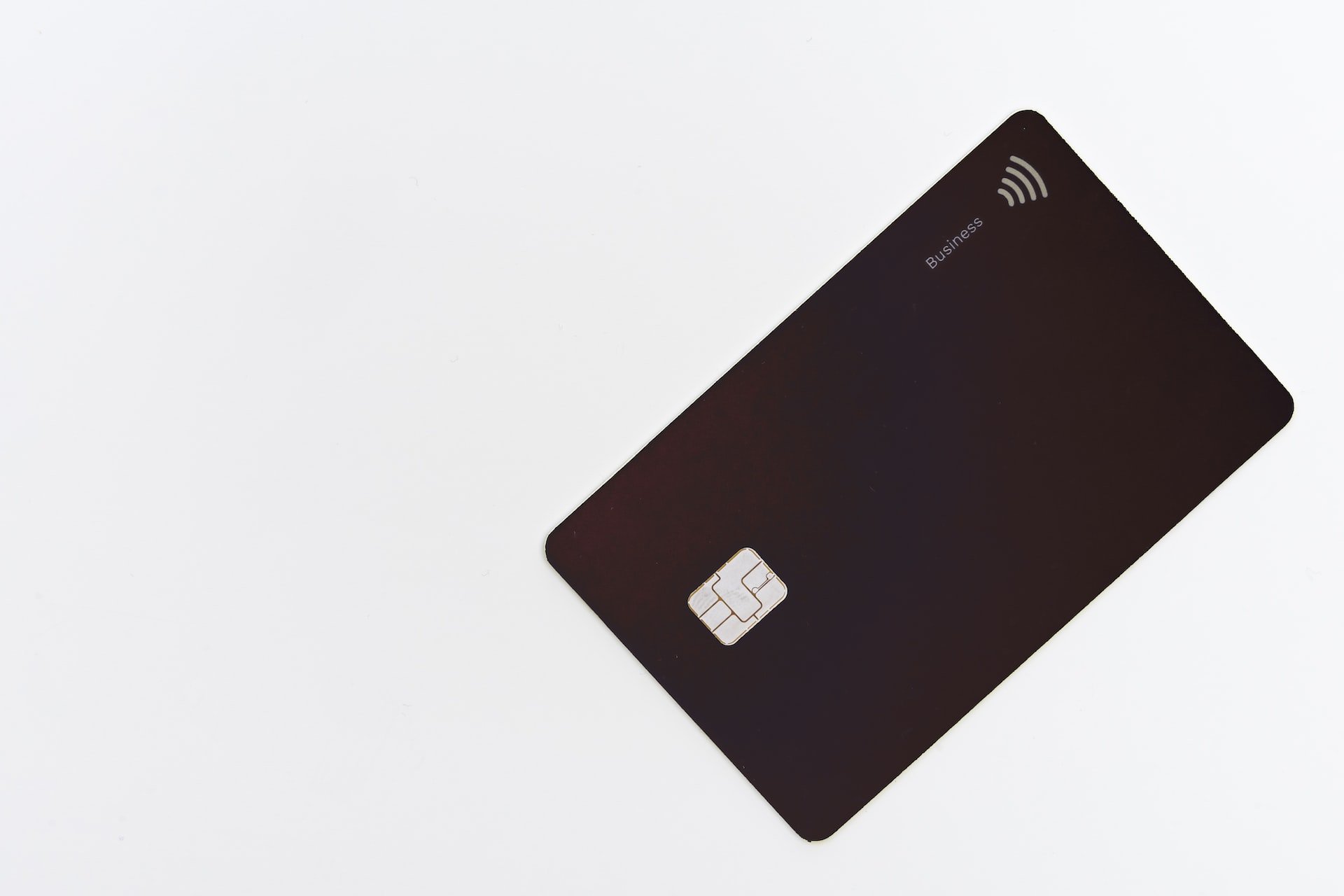During the lifespan of any successful business, it will sometimes need to borrow money from outside parties, like banks, online lenders, or even friends and family. To take out a loan from a bank or lender, a business credit status can be the difference between securing finance and being rejected. Let’s look at what a business credit status is, and how to develop it.
Table of Contents
What is Business Credit Status?
Lenders rely on business credit status, among other factors; to determine whether or not they are willing to grant financing. This is done through something called a credit score. A business credit score will depend on how creditworthy a company is. This is made up of several factors so that lenders can understand the financial position of a business and its level of financial risk. Depending on your score, which ranges from 0 (high-risk) to 100 (low-risk), this determines if the lender approves your application, and can also impact your interest rate.
In the US, there are three main credit-reporting agencies: Experian, Equifax, and TransUnion. Different agencies will judge businesses differently, so it’s always a good idea to review your credit score with each agency and make note of any discrepancies.
David Luck, co-founder and CEO of Capital on Tap says “There are many ways small business owners can manage and improve their business credit score. The most important advice I can give is to research and understand how credit scoring works, then devise a strategy for how you manage your credit that best supports your businesss financial needs.”
How to improve a business credit score?
If you’ve looked at your score and would like to improve it, there are several ways you can do this.
Apply for more credit
Among the more important metrics, the finance industry will look at your credit utilization rate. This is the proportion of total credit you’re using as a percentage of the amount you have available. So, if you can borrow $10,000, but you only borrow $5,000, then your utilization rate is 50%. If you drive that limit up to, say, $100,000, then the rate would be just 5% – even if the actual amount of borrowing remains constant. If your credit utilization is seen as being low, this is seen more positively than a high rate of credit utilization.
Pay bills quickly
If your company has a history of leaving bills unpaid for a long time, or for being chased up for non-payment, then word can get around. Often, these problems stem from a lack of liquidity: even if the business is doing well, you might not have the cash available to pay your suppliers. If you’re looking to develop your credit status, pay your bills on time.
Monitor your credit
There is such a thing as credit fraud. This is where someone else engages in bad borrowing behavior, passing themselves off as your business in the process. If you’re keeping tabs on your credit rating, then you can be made aware of these problems as they develop, and react to them quickly.
Track your spending
Certain kinds of business credit cards will allow you to monitor your spending easily and in real-time. For example, the Capital on Tap Business Credit Card, issued by Webbank, allows spending limits for employees to be set on a per-person basis. It’ll sync with your accounting software, too. This makes it much easier to track your spending and build a healthy credit status.
Make sure that your payments are reported
In practice, your payment history is being collected by reporting agencies and put into credit reports, which ultimately determine your score. The report contains only the debts volunteered by the creditor. As such, some of your good work may be going unnoticed. If you have a good relationship with your supplier, you might encourage them to share the data with credit reference agencies to boost your score.
Use your business bank account
If you’re running a very small business, you might be tempted to simply use your personal account rather than a dedicated business one. But this may represent a missed opportunity. Instead, open a business account and use it. It’s best to keep your personal and business finances separate, too.
File your returns on time
If you’re late filing your tax returns, then credit rating agencies might judge that you’re unreliable. This may be factored into your score. Filing promptly helps to solve this. You might also bring in an outside auditor to make sure that your accounts are in good shape, too, since this will limit the likelihood of problems.
Don’t neglect your personal finances
If there’s limited information about your business available, then lenders might look to your personal spending when determining your business credit score. This tends to happen during the first few weeks and months of a business. The good habits you develop in your personal life will also tend to spread to your business, too, so don’t neglect them.
As you work through these steps to develop your business credit status, remember that improving your score takes time. If you maintain good supplier relations, track your spending, file your tax returns on time, and make sure to pay your bills on time, you’ll start to see improvements to your score.










